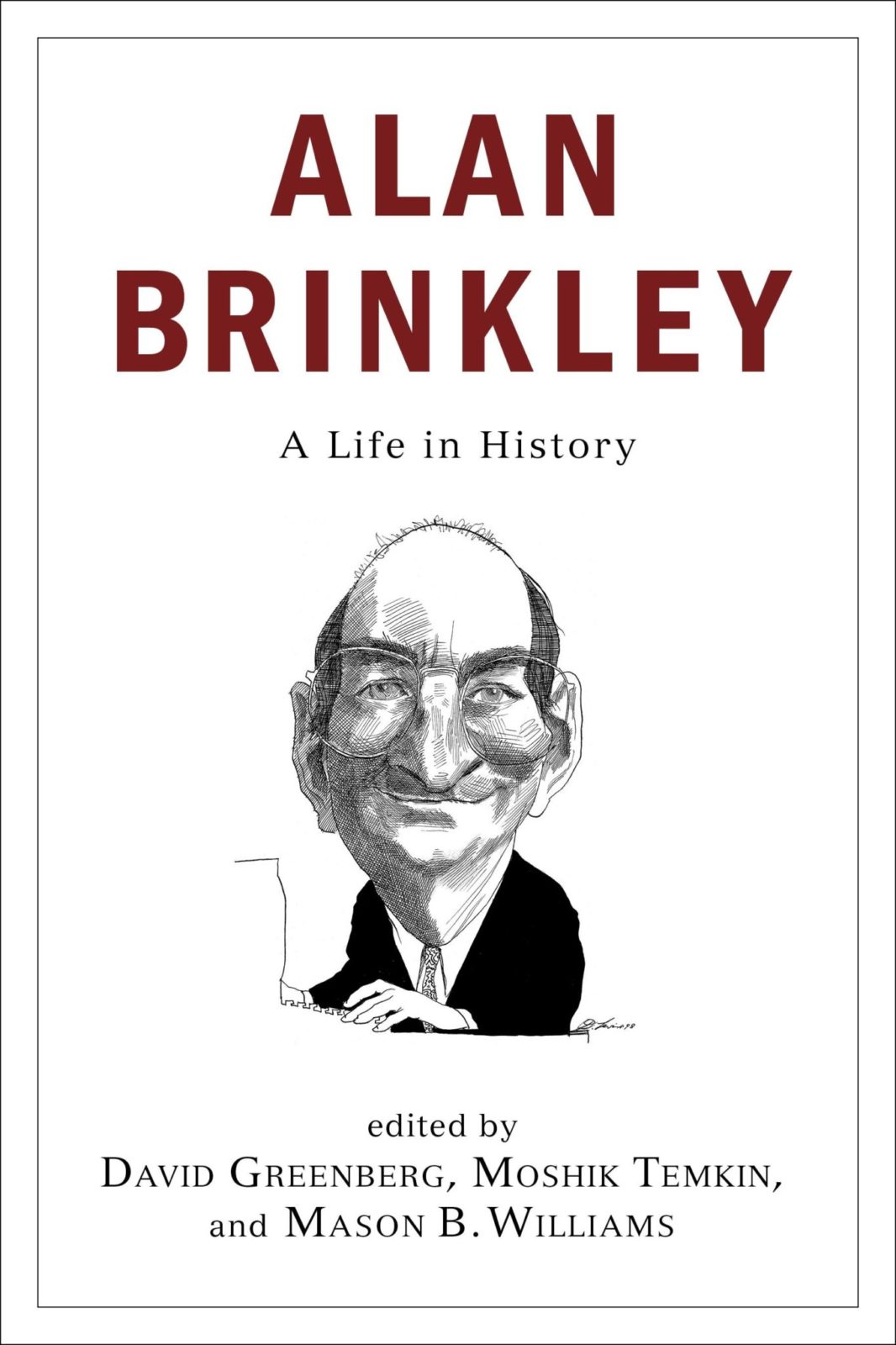The Book
Alan Brinkley: A Life in History. New York: Columbia University Press, 2019.
The Author(s)
Edited by David Greenberg, Moshik Temkin, and Mason B. Williams.

Alan Brinkley’s influence on the field of American political history is one that is difficult to overstate. He reshaped how historians understood the New Deal era through his books Voices of Protest: Huey Long, Father Coughlin, and the Great Depression (1982) and The End of Reform: New Deal Liberalism in Recession and War (1995). Brinkley’s 1994 essay, “The Problem of American Conservatism,” published in The American Historical Review, was part of the groundwork that pushed a generation of historians to closely examine the rise of modern American conservatism. What the contributors to Alan Brinkley: A Life in History succeed in doing, however, is not just telling the reader why Brinkley matters. They also remind us why it’s impossible to think of the field of American political history in 2019 without thinking about—or with, or against—Brinkley and his works.
This tribute to Brinkley could easily have the subtitle of Nuanced Public Intellectual. Not exactly the most appealing title in the world, but it does reveal one of Brinkley’s strengths as a historian and as a publicly-facing scholar. Moshik Temkin’s essay, “The ‘Dissident Ideology’ Revisited” is a strong case in point. For Temkin, Brinkley’s 1982 work is worth revisiting—not just because it discusses the various strains of “populism” in American thought but attempts to go beyond any simplistic rendering of populism as either a full-throated expression of “the people” or a dangerous threat to the public good. Brinkley’s analysis of Long and Coughlin was based not on “a snap judgment” but was instead “a conclusion reached after a fair, thorough consideration.” (20) Voices of Protest was also strengthened by Brinkley’s refusal to easily compare Fascism in Europe in the 1930s to illiberal forces in the United States during the same time span.
Alan Brinkley: A Life in History benefits from a structure built around two sections. The first, “A Historian’s Work,” builds off the theme of nuance and critical reappraisal seen in the essay by Moshik Temkin. Other essays in that section are a return to the key works of Brinkley’s corpus of work—Voices of Protest, The End of Reform, and “The Problem of American Conservatism” are at the heart of this section. The influence of these works on the field of political history can be seen in how each historian shows how recent works have all built on what Brinkley started. One essay that stands out because it does not talk about these well-remembered works is Nicole Hemmer’s “Objectivity and its Discontents: Reflections on The Publisher.” An analysis of Brinkley’s 2010 book on Time
publisher Henry Luce, Hemmer’s interest in the intersection of media and political history makes this essay a perceptive analysis of why Luce mattered—and why Brinkley’s analysis of Luce is of considerable importance to historians today. As Hemmer argues, “political historians would do well to follow in Brinkley’s footsteps, bringing media to the center of their analysis as he so regularly and masterfully has done in his own.” (64)
If Alan Brinkley: A Life in History
were focused only on analyzing his impact on political history, then this book would already be worth a read. But the second part of this book, titled “Reminiscences,” shows Brinkley beyond his written works. As intellectual historians, this section might be as important as section one, because it offers another avenue through which to understand the ideas that have animated Brinkley’s career. So many of the essays in this collection capture Brinkley as public intellectual (Nicholas Lemann’s “A Historian and His Publics), Brinkley as cultural historian (“Houdini, Hip-Hop, and Dystopian Literature: Alan Brinkley’s Patterns of Culture” by Sharon Ann Musher), and Brinkley as beloved teacher (“The View From the Classroom” by Michael W. Flamm). In all of these and more, the contributors to this volume carefully and thoroughly treat the totality of Brinkley’s career—and in the process, render a valuable contribution to understanding the historiography of American political history.
About the Reviewer
Robert Greene II is the Book Reviews editor for the Society of U.S. Intellectual Historians.

0